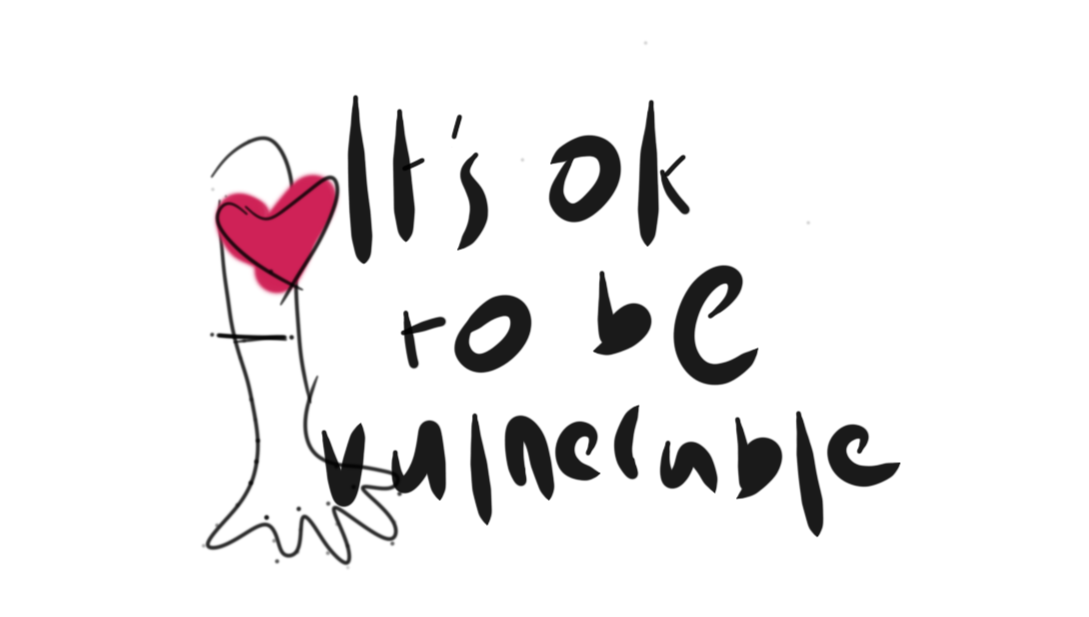“Gratefulness is always whole-hearted”, and can be accessed by being open to what takes us by surprise, “and whatever causes us to look with amazement opens ‘the eyes of our eyes’. We begin to see everything as a gift. An inch of surprise can lead to a mile of gratefulness.” (p. 50)
- the notion that all people need love and a sense of belonging
- the key difference between those who feel loved and feel they belong, and those who do not, is that those who feel loved believe they are worthy
- that a feeling of worthiness is built over time from the way a person perceives and reacts to the experiences they have had
- that wholehearted people want to live a life of courage, compassion, and connection
- the fact that wholehearted people see vulnerability as a catalyst for achieving courage, compassion, and connection.
To live wholeheartedly is to embrace feeling vulnerable. A few characters in Howell’s (2012) book showed resistance to the topic of gratitude, I wonder if it’s linked to feeling vulnerable. Could it be because gratitude is linked to indebtedness, and the idea of owing somebody may not sit well with people?
I’ve heard something similar mentioned by an infidelity expert, Esther Perel, who has done extensive research on why people cheat in relationships. She emphasised that building quality relationships often overlooked in many aspects of our lives. It is important not just between couples but also in businesses – because at the end of the day, you want to make the other person a raving fan.
According to Esther, often couples that meet her for therapy go with the intention of trying to “fix” the other rather than to “fix” themselves. She poses the question to everyone to ask themselves: Have I done my part? Have I shown up? Have I put in the best of myself? Have I given not what I wanted to give but what the other needed?
She says that typically, we give to the other that which we want them to give back to us, which sounds to me like conditional love (and love should be unconditional). However, what you give may not be what the other want from us. Are you able to set yourself aside for a moment, and actually listen to what the other person wants or needs? And can you give it to them gracefully, i.e. not expect anything back, simply because it makes the other feel good.
On the other hand, apparently it is also possible for the receiver to feel burdened when receiving “gifts”. Receivers may not cope well with the fact that somebody did something just because it’s them, even though that somebody would never do it if they weren’t there. The receiver may think: I wanted them to do this just because I wanted them to want it as well. So that I don’t have to owe them anything.
This leads me to wonder if that’s a possible reason why we may (subconsciously) choose not to see the “gifts” in our lives because we do not want to feel burdened. Howells (2012) mentioned that gratitude is a reciprocal process, where the more you give, the more it makes the other want to give back, so the process is circular. But I guess someone has to start the process, but with the intention of not expecting anything back, because otherwise it’ll just cancel out your good intentions.

References:
Howells, K. (2012). Gratitude in Education.
Brown, B. (2012). Daring Greatly.
Leave a Reply